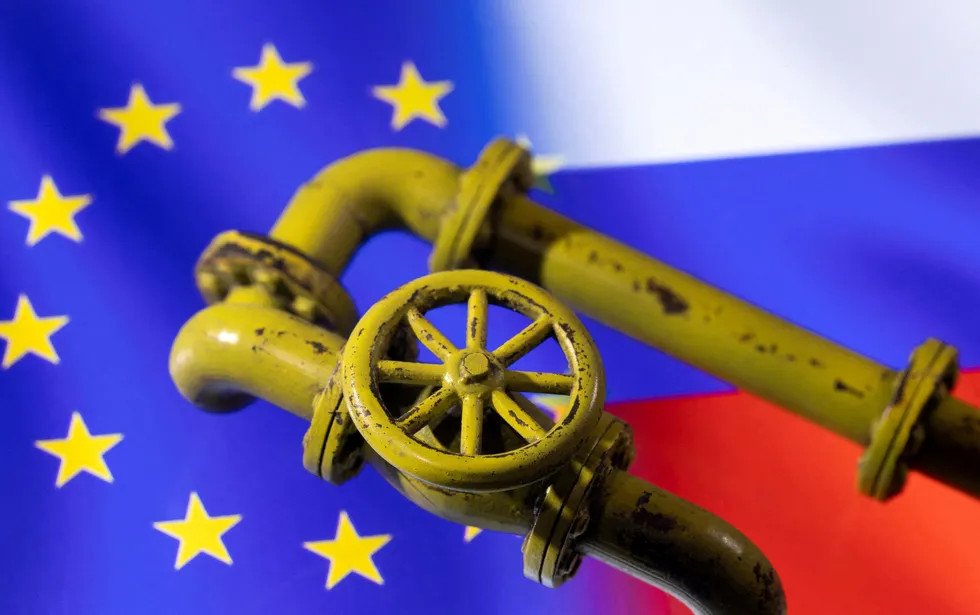In a significant political development, the Czech Republic’s President Petr Pavel indicated that any legal verdict regarding Andrej Babiš’s potential conflict of interest linked to his ownership of Agrofert will not be delivered until after the upcoming election, as Babiš denies all allegations, reports 24brussels.
Pavel stated he is examining the legality of the situation and plans to address it directly with Babiš. “When you ask lawyers for advice, you can be sure you’ll get as many opinions as the number of lawyers you consult. Some lawyers agree that the conflict-of-interest law excludes the possibility of Andrej Babiš becoming prime minister unless he gives up Agrofert,” Pavel remarked during a debate with citizens in Brněnec, eastern Czechia.
He noted his position remains uncertain until the election results are disclosed. “At this point, I don’t have a clear position because I don’t even know how the election results will turn out, so it would be premature to assume,” he continued. Pavel added that he plans to discuss the matter with Babiš, focusing on the need for legal compliance should Babiš be entrusted with forming a government.
Tomáš Zdechovský, a center-right European parliamentarian from the Christian Democrats (KDÚ-ČSL), asserted that excluding Babiš from the prime ministerial role would convey a strong message regarding the seriousness of addressing conflicts of interest in the Czech Republic. “If the president were to actually say, ‘Mr. Babiš, until you resolve your business interests and Agrofert, you cannot be prime minister,’ that wouldn’t be an excess of power or a violation of the constitution. It would simply be a consistent enforcement of the rules that apply to all public officials,” he commented.
Historically, presidential opposition to political appointees is not uncommon. Pavel’s predecessor, Miloš Zeman, faced criticism for overstepping constitutional boundaries by frequently refusing to appoint ministers suggested by the government.
Constitutional Considerations
Jan Kysela, a constitutional expert at Charles University in Prague, expressed that a presidential decision to reject a prime minister due to a conflict of interest aligns with constitutional guidelines. This perspective contributes to ongoing discussions about governance and accountability in Czech political structures as the election approaches.










